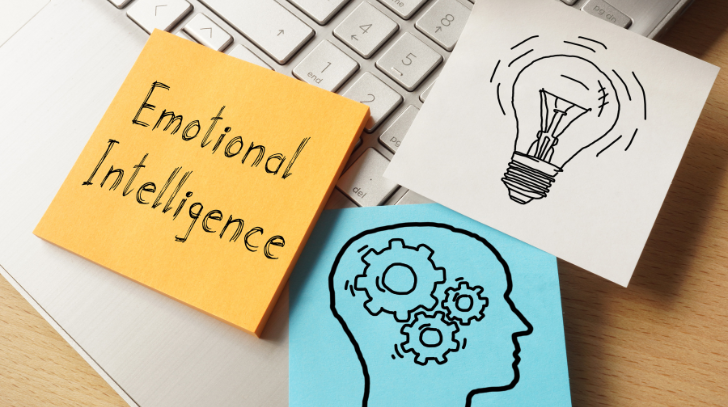The Crucial Role of Emotional Intelligence in the Workplace
Exploring the role of emotional intelligence in professional success, including tips for improving your own emotional intelligence.
Professional success now requires more than just technical skills in the fast-paced, cutthroat environment of the modern workplace. It is becoming more and more important to be able to handle one’s emotions and navigate complicated social situations. This is where emotional intelligence (EI) becomes important, as it is a major determinant of both individual and group success in the workplace.
Understanding Emotional Intelligence:
EQ, or emotional intelligence, is a term that refers to a variety of abilities and skills pertaining to the awareness, comprehension, and control of emotions, both one’s own and those of others. People with high emotional intelligence are able to resolve conflicts amicably, build strong relationships, and show resilience in the face of adversity.
The Components of Emotional Intelligence:
- Self-Awareness:
- Acknowledging and comprehending one’s own feelings.
- Recognising your advantages and shortcomings.
- Self-Regulation:
- controlling and regulating one’s feelings.
- maintaining composure under pressure.
- Motivation:
- Having fun while setting and achieving goals.
- retaining resilience and an optimistic outlook.
- Empathy:
- Recognising and respecting the viewpoints of others.
- establishing solid interpersonal relationships.
- Social Skills:
- cooperating and communicating with others in an effective manner.
- settling disputes and creating a supportive team atmosphere.
The Effect of Emotional Intelligence on Success in the Workplace:
People who possess a high degree of emotional intelligence frequently succeed in a variety of professional settings. They frequently possess stronger communication skills, stronger leadership qualities, and the fortitude to overcome adversity. Furthermore, a positive work environment that encourages collaboration and innovation is fostered by high EQ.
Advice on Developing Emotional Intelligence
- Self-Reflection:
- Evaluate your own feelings and responses on a regular basis.
- Recognise emotional patterns and triggers, both positive and negative.
- Active Listening:
- Develop your ability to listen intently to others.
- Acknowledge their feelings and react to them with compassion.
- Receive Feedback Gracefully:
- Consider criticism as a chance for improvement.
- Instead of taking offence, think about offering constructive criticism.
- Cultivate Empathy:
- Put yourself in other people’s situations to comprehend their viewpoints.
- Respect and validate the feelings of people who are close to you.
- Develop Conflict Resolution Skills:
- Address disagreements with composure and a focus on finding solutions.
- Look for agreements that are advantageous to all sides.
- Continuous Learning:
- Keep yourself updated on theories and concepts related to emotional intelligence.
- To improve your skills, go to training sessions or workshops.
Emotional intelligence is a potent tool that can greatly influence professional success in the ever-changing and interconnected world of the workplace. Putting in the time and effort to develop emotional intelligence can surely lead to a more successful and fulfilling career path as its significance in the workplace only grows.
Ready to take the next step in your career? 🚀 Contact Us 🌟
Want even more insight into the latest twist and turns, tips and tricks, and industry know-how? Sign up to our monthly newsletter!






